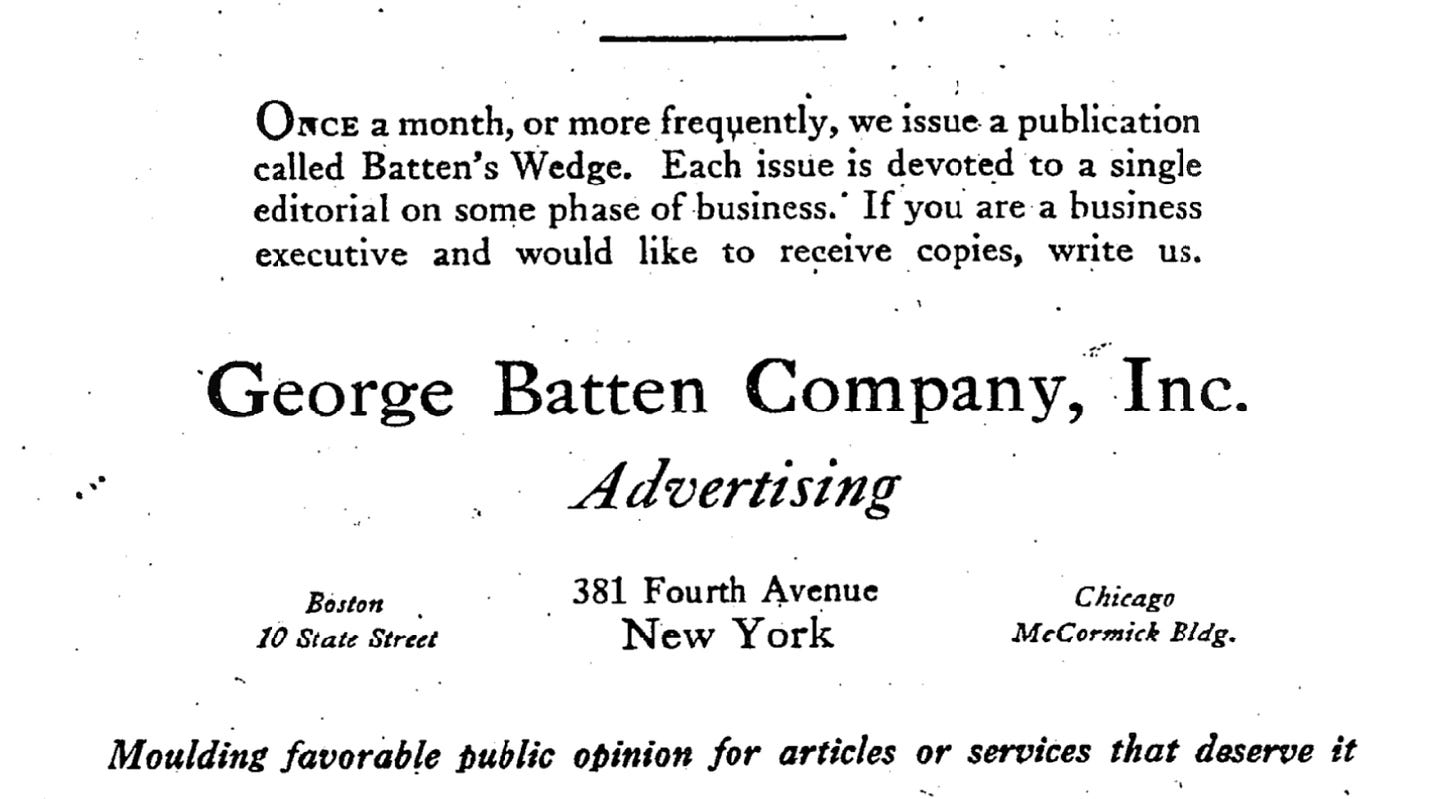This week on I’ll Watch Anything, Henry and I begin the year’s end by sliding into a series of deeply irrelevant movies. First up is Big Business, a movie with a script fit for a Mary-Kate and Ashley movie that for some reason stars two of the greatest comic actors of their generation. Listen on Apple or Spotify or wherever you choose!
Secondly, last week’s news about Sports Illustrated’s descent into AI-generated hell depressed me so much that I decided to start using my Patreon as a blogging platform as well as a place to share free PDFs of my games. These will be offbeat, irregular posts about whatever the heck is on my mind. This week—as it is most weeks, frankly—it’s what Inglourious Basterds has to teach us about storytelling, particularly how to make the start of your third act an absolute banger.
I’ll be sharing these posts in the newsletter. They’ll all be free to read but if you enjoy them—or if you like Strange Times generally—consider subscribing! It will help me keep making Strange Times as well as, y’know, feeding my kids.
Today we have ads, ads, and more ads! Join the mad scrap for Brown’s job on…
July 12, 1921
A Connecticut mother dies of tetanus, contracted when a pistol she seizes from her nine-year-old explodes in her hand.
Responding to the recent march on Borough Hall by the children of the Bronx, the Bronx Confectioners’ Association agrees to reduce the cost of ice cream sodas from 15¢ to a dime.
Wisconsin becomes the first state to officially accord women all the rights enjoyed by men, including the right to “wear trousers and chew tobacco.”
Although she is not a strong swimmer, Mrs. Mae Genovese of Brooklyn dives into the “boiling surf” at Coney Island to rescue two children from drowning.
The Weather: Unsettled, probably local showers today and Wednesday; gentle, variable winds.
In my six years publishing this newsletter, this may be one of the weirdest stories I’ve ever shared. Partly that’s because it’s not actually a story—it’s an incredibly verbose advertisement, a fable about a fictional (I assume) businessman named Brown that is somehow intended to make you want to advertise with the Batten agency. It reads like a Bill Brasky sketch…except it’s not a joke, which tells you more about business in 20th Century America than any news story ever will.
Brown is gone, and many men in the trade are wondering who is going to get Brown’s job.
There has been considerable speculation about this. Brown’s job was reputed to be a good job. Brown’s former employers, wise, grey-eyed men, have had to sit still and repress amazement as they listened to bright, ambitious young men and dignified old ones seriously apply for Brown’s job.
Brown had a big chair and a wide, flat-topped desk covered with a sheet of glass. Under the glass was a map of the United States. Brown had a salary of thirty thousand dollars a year. And twice a year, Brown made a “trip to the coast” and called on every one of the firm’s distributors.
He never tried to sell anything. Brown wasn’t exactly in the sales department. He visited with the distributors, called on a few dealers, once in a while made a little talk to a bunch of salesmen. Back at the office he answered most of the important complaints, although Brown’s job wasn’t to handle complaints.
Brown wasn’t in the credit department either, but vital questions of credit usually got to Brown, somehow or other, and Brown would smoke and talk and tell a joke, and untwist his telephone cord and tell the credit manager what to do.
Whenever Mr. Wythe, the impulsive little president, working like a beaver, would pick up a bunch of papers and peer into a particularly troublesome and messy subject, he had a way of saying, “What does Brown say? What does Brown say? What the hell does Brown say? Well, why don’t you do it then?”
And that was disposed.
Or when there was a difficulty that required quick action and lots of it, together with tact and lots of it, Mr. Wythe would say, “Brown, you handle that.”
And then one day, the directors met unofficially and decided to fire the superintendent of No. 2 Mill. Brown didn’t hear of this until the day after the letter had gone. “What do you think of it, Brown?” asked Mr. Wythe. Brown said, “That’s all right. The letter won’t be delivered until tomorrow morning, and I’ll get him on the wire and have him start East tonight. Then I’ll have his stenographer send the letter back here and I’ll destroy it before he sees it.”
The others agreed, “That’s the thing to do.”
Brown knew the business he was in. He knew the men he worked with. He had a whole lot of sense, which he apparently used without consciously summoning his judgment to his assistance. He seemed to think good sense.
Brown is gone, and men are now applying for Brown’s job. Others are asking who is going to get Brown’s job—bright, ambitious young men, dignified older men.
Men who are not the son of Brown’s mother, nor the husband of Brown’s wife, nor the product of Brown’s childhood—men who never suffered Brown’s sorrows nor felt his joys, men who never loved the things that Brown loved nor feared the things he feared—are asking for Brown’s job.
Don’t they know that Brown’s chair and his desk, with the map under the glass top, and his pay envelope, are not Brown’s job? Don’t they know that they might as well apply to the Methodist Church for John Wesley’s job?
Brown’s former employers know it. Brown’s job is where Brown is.
Another bizarre ad! The hyperbole here is incredible. Like Brown’s Job, it is so inflated that by the time you get halfway through you’re convinced that this incoherent text is the most important ever composed by human hand. What could this anonymous A.M.S. have been pitching? A new religion? A political movement? Vacuum cleaners? Probably it was vacuum cleaners.
I seek an individual of historic mould—an arrived person, one of wealth, vision, tremendous sympathy and willingness to allow his name to become a household word throughout the world.
I bring no business offer.
I desire a patron (not for myself) to finance, to believe in and to thoroughly dominate a great American people’s movement, so important, significant and epochal in its aims and methods that already it is internationally known, commended and aided…So far it has been circumscribed by unbelievable handicaps, run on a cmparatively limited scale, yet millions of Americans have been touched by it.
It has proven its absolute necessity in American affairs.
Can I find the one person I seek to broaden the movement, without relation to political party, religious bias, caste of wealth and station, commercial taint?
My one person in America will become one of the world’s beloved creatures, will make his (or her) name a household word in every home of the land, and will write his memory in history boldly and ineradicably.
A modest sum only is sought (this is not a spending enterprise!) A good man is on the other side of the scale, you and he to “carry on.” His name, the details of the enterprise, will convince the correspondent of the sincerity and authenticity of this rather unconventional but seemingly politic method of “finding the one.” All matters will be treated in strictest confidence. Address A.M.S., Box W. 383 Times.












Brown is a sage. He is a man in the company who could see it through and through and solve the issues. Brown is spatially gifted. They have only just recently given vocabulary to this. But he is in all the old movies. He is the guy who doesn't talk much, sits in the back smoking cigarettes. He moves on the outside of the group. He is a non-conformist.
Brown was likely a high functioning autistic and the guy with the highest iq. He took in so many more inputs so he understood things others could not. His entire job was to know and fix. We have forgotten these people existed. But they do. They are brilliant in a non book way. They know what to do when no one else does. We have marginalized them today in a world where everything is about conforming. Things just break now and fall apart. No one fixes. Planned obsolescence for the entire society.